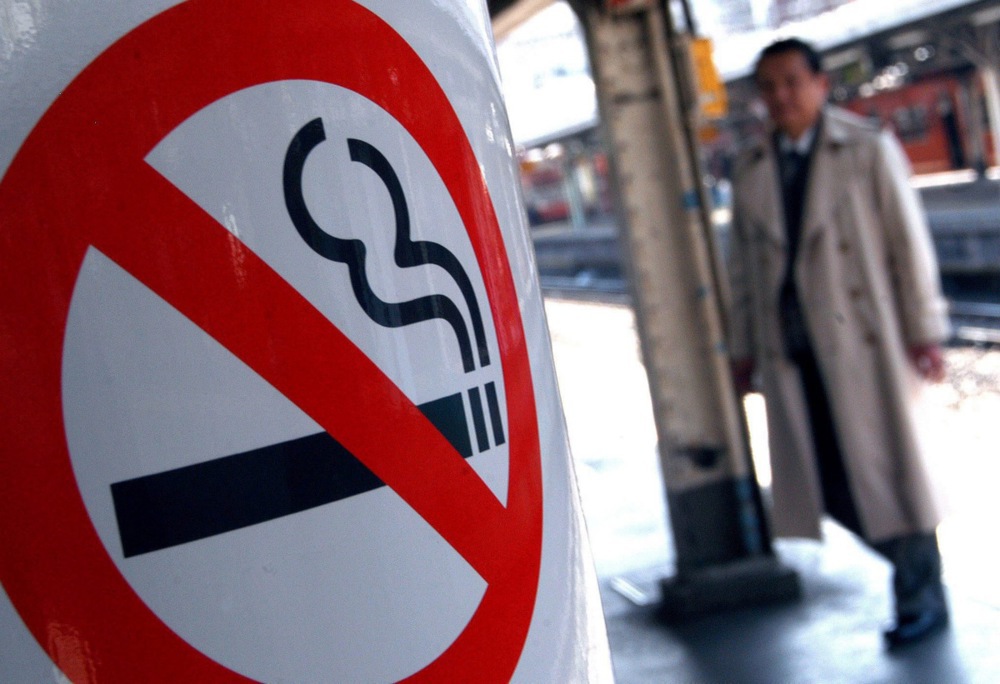Dutch people have been advised to stop eating eggs from “backyard chickens” and opt for buying them from a shop or market instead.
According to the the National Institute for Public Health and the Environment (RIVM), consumers were at risk of taking in too many per- and polyfluoroalkyl substances (PFAS) — man-made substances known to bioaccumulate in humans and animals. They are often referred to as “forever chemicals”.
“By no longer eating home-grown eggs, a much higher PFAS intake can be avoided. Commercial eggs from a shop or from the market can be eaten, however,” the RIVM said in a press release published on April 15.
“Because the intake of PFAS through these eggs can be high and it is not possible to tell from the outside of an egg how much PFAS it contains, RIVM gives the general advice not to eat private eggs.”
After having investigated 60 locations across the country, the RIVM found that at 31 locations people crossed the advised weekly intake limit of PFAS even if they ate less than one egg a week.
At 10 locations, people could have one egg a week and remain under the limit. In five locations, consumers could eat two eggs, the institute found.
It was stressed by the RIVM that the forever chemicals could come from food products and drinking water but that the PFAS in eggs added to that.
In some towns, people were already advised not to eat any eggs from backyard chickens after elevated concentrations of PFAS were found near a chemical factory.
The RIVM warned that if people ingested PFAS in excess of the health-based limit for an extended period of time, it could be harmful to health.
“PFAS can affect the immune system, reproduction and development of the unborn child. PFAS can also have an effect on cholesterol in blood, on the liver, and can cause kidney and testicular cancer. It is therefore important to ingest as little PFAS as possible,” it said.
“Commercial eggs from a shop or from the market can be eaten. These eggs are usually packaged and should always be coded with a stamp on the shell of the egg.
“Commercial eggs fall under the supervision of the Dutch Food and Consumer Product Safety Authority,” the RIVM said.
In the presentation of its new vision for European Union agriculture and food, the European Commission has announced a notable course correction. https://t.co/5zIqKhki0K
— Brussels Signal (@brusselssignal) February 20, 2025





